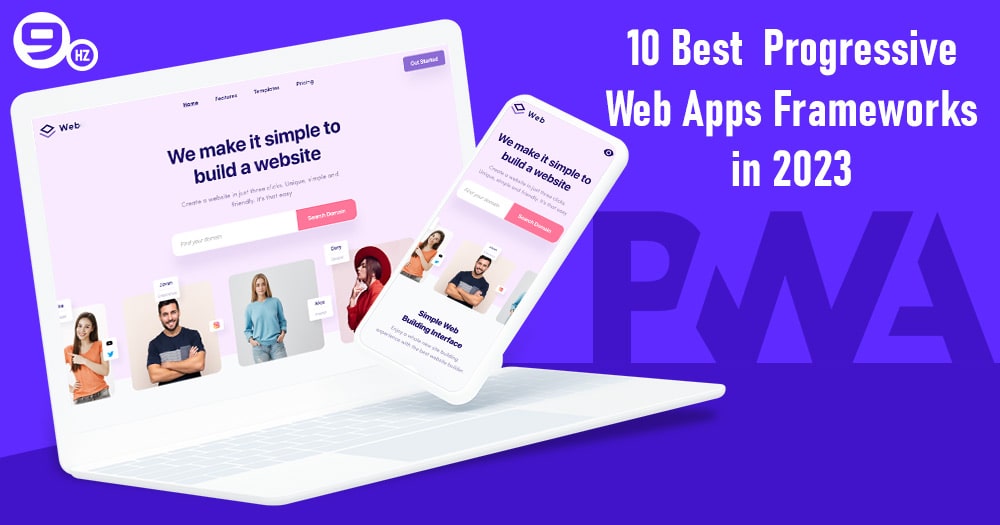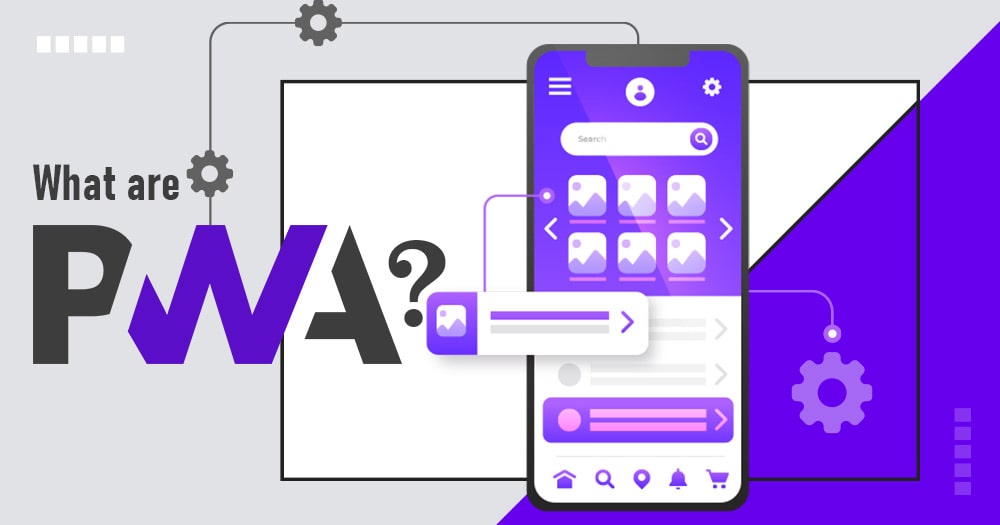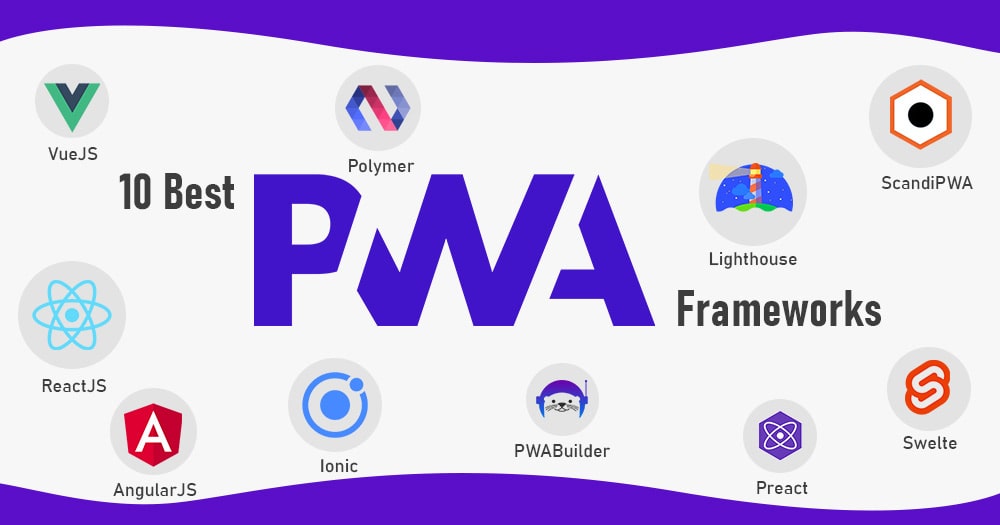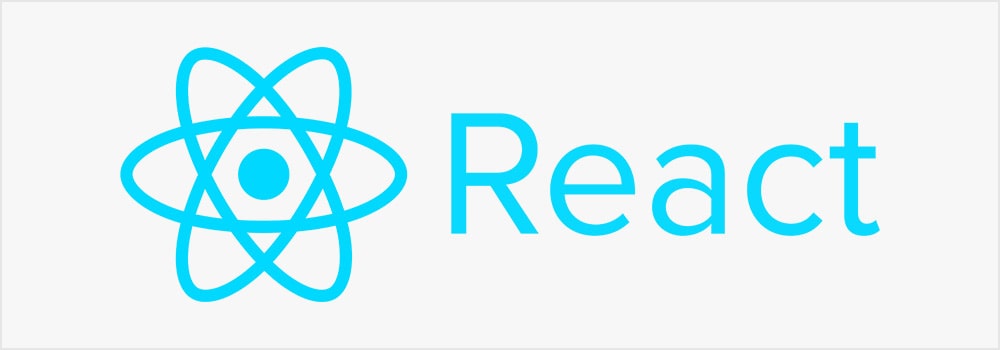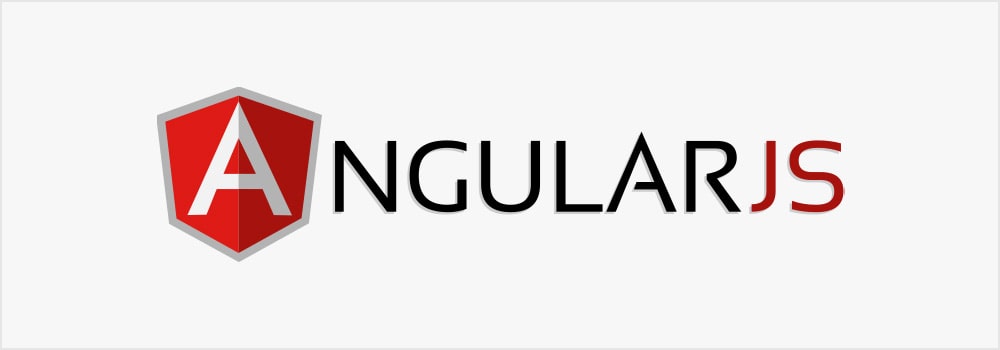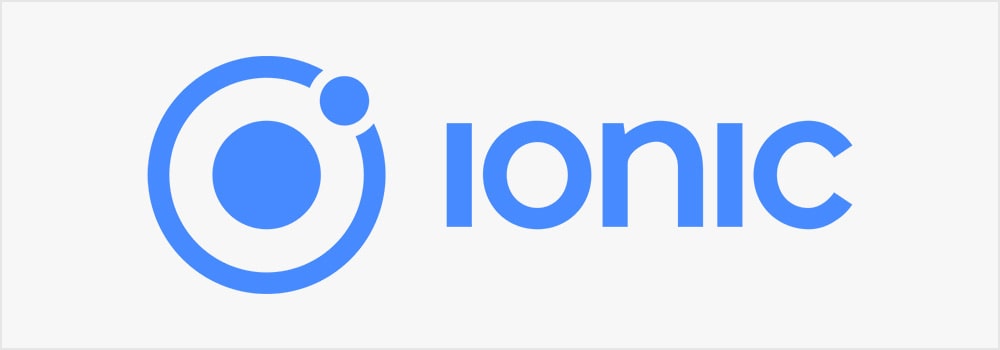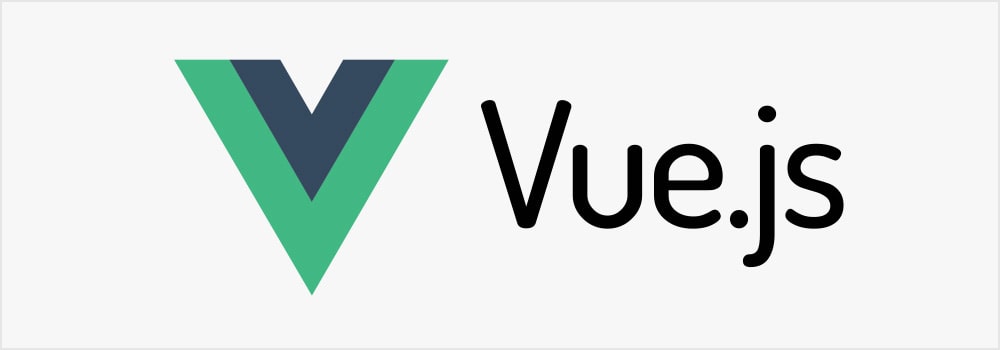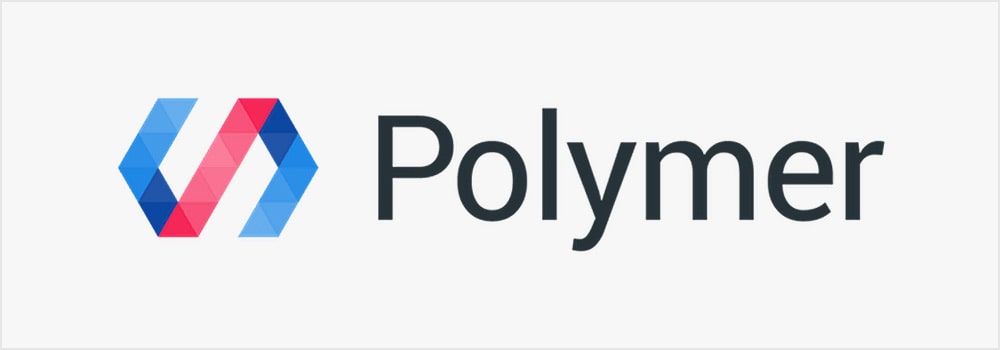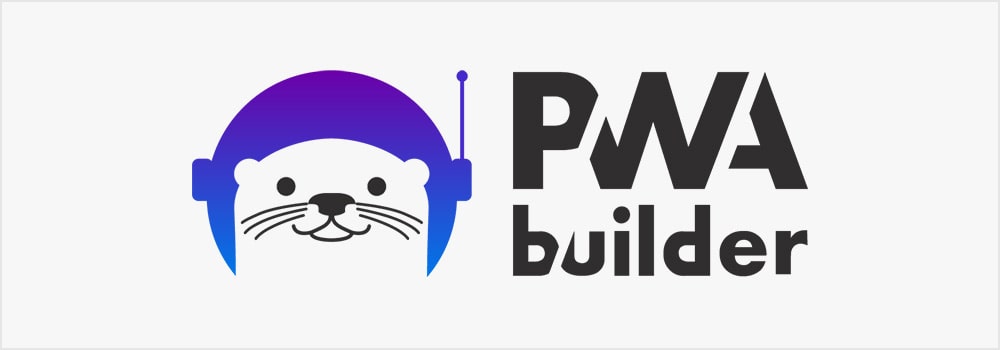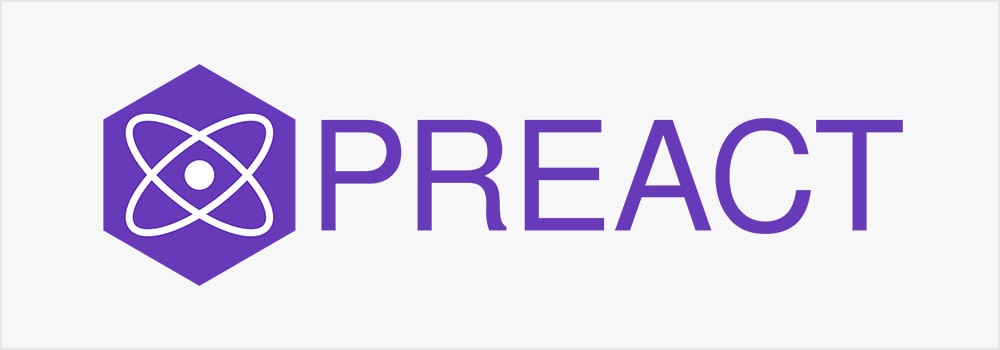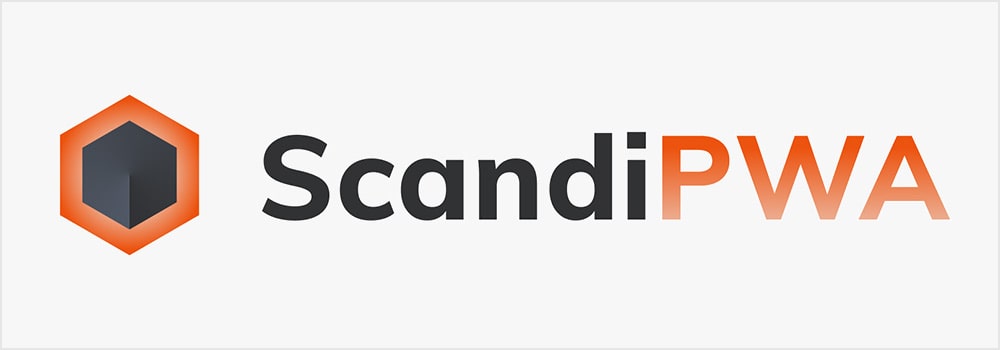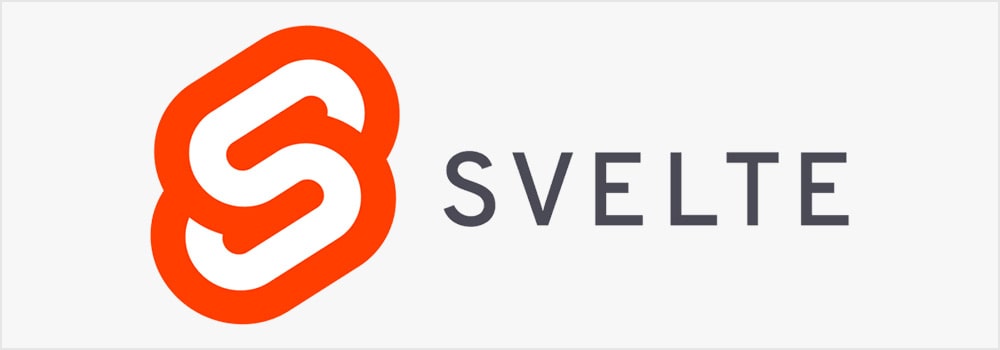Ever since we were exposed to smartphones and websites, merging the two to provide customers with an unforgettable experience has been a challenging task for developers. Multiple methodologies and techniques have been explored to reach this goal to a certain extent and finally, in 2015, this could be achieved with the invention of Progressive Web Apps (PWAs). Here we will discuss different progressive web app frameworks like ReactJS, AngularJS, VueJS, Ionic, and many more.
In the world of web development, PWA frameworks emerged as a popular trend and made it easier for business enterprises to offer a seamless user experience to their users. The PWA development company has developed a wide range of PWAs for different businesses, including e-commerce, travel, and content-based apps.
PWAs can act as a great tool for businesses to deliver users a great user experience across multiple devices.
Having said that beginners like you should find it difficult when it comes to finding a solid base on which to create progressive web apps on. And this is quite common as there are just too many progressive web apps frameworks out there each having its own uniqueness in terms of features and specifications.
But don’t worry as we have finally curated a comprehensive list mentioning some of the most popular and widely used PWA frameworks in 2023. You can use any one of them for developing robust and unique progressive web apps. So let’s just get straight into it!
What are Progressive Web Apps (PWA)?
Before discussing the progressive web app frameworks, first, let’s understand what progressive web apps are. Progressive Web Apps (PWAs) are a unique cross-platform web app development methodology where users are allowed to install web pages on their mobile devices or desktops. It can be used on your device in the form of a native desktop or a mobile app.
Progressive web apps features are similar to that of a native application such as work offline, push notifications, easy installation, add to the home screen, shareable, etc. Since a progressive web app is a combination of a native app and a mobile website, it capitalizes on some of the popular standard web technologies namely HTML, CSS, and JavaScript for delivering an app-like experience.
On top of that, progressive web applications are known for providing a faster loading experience, an environment to work offline, and a feature to become easily discoverable by search engines. That’s the reason some of the popular companies and e-commerce brands like Trivago, Starbucks, Twitter, and Alibaba follow this methodology.
10 Top Progressive Web App (PWA) Frameworks
- ReactJS – Best PWA Framework
- AngularJS – Top Progressive Web App Framework
- Ionic
- VueJS
- Polymer
- PWABuilder
- Preact
- Lighthouse
- ScandiPWA
- Svelte
This list is incomplete without this magical PWA framework invented by Facebook in 2013. It is still one of the most popular and widely used choices among the developers’ community with its extensive JavaScript library.
Presently, ReactJS is one of the leading libraries front end development. It can create single and multi-page applications with the content dynamically loading and shifting within a distinct page. ReactJS uses JSX for connecting HTML elements to give birth to a React PWA Solution.
| Pros | Cons |
|---|---|
| Offers higher flexibility along with additional packages | React is more complex as compared to JS |
| Same code can be deployed for native apps | Prior JSX knowledge is necessary |
| Quicker rendering process due to the virtual DOM | A complex process to implement React with no defined procedure |
| Extensive JS libraries enables the generation of API interactions | Migrating to ReactJS from Angular is complicated because of JSX |
Built-in 2010 by Google, AngularJS uses the JavaScript ecosystem to create robust and scalable PWAs. Angular 5 was the first version to support PWAs and it was released in 2017. So Angular is one of the most popular and widely used frameworks for developing excellent web solutions.
Many ventures have used this progressive web app framework for meeting the diverse requirements when it comes to developing single-page web apps. PWAs that are created using this technology get highly benefited from its amazing compilation system, Ahead of Time (AOT). This leads to faster rendering of the application by transforming TypeScript and Angular HTML code into competent JS code before the downloading and running of the application takes place by the browsers.
| Pros | Cons |
|---|---|
| A large community of developers | The learning curve makes it a bit complex at the start |
| Clearly defined methodology makes the implementation easier | Understanding typescript is mandatory to reap the benefits of the PWA development framework. |
| Massive collection of third-party extensions to choose from | |
| Completely modular components | |
| Exception security and performance with the concept of AOT |
Created in 2013, Ionic is an open-source SDK used for creating more than 5 million hybrid applications. It employs Angular and Apache Cordova progressive web apps framework to create applications.
The comprehensive library of components of Ionic for iOS and Android makes it an ideal choice for PWA development. This can be used while developing Web-view enabled web pages that run within the browser of the device. The technology stack used here is extremely flexible and permits PWA framework such as Vue.js, Angular, or React for creating smooth applications. Here you can find the detailed guide on Vue.js vs Angular vs React.
| Pros | Cons |
|---|---|
| Allows cost-cutting with its open-source nature | Recurring updates demand reworking on the existing PWAs to reflect the changes. |
| The learning curve is shorter | This process is tedious sometimes |
| A large and active community of users worldwide | |
| Enriched with in-built browser instruments and debugging tools | |
| A good choice for hybrid app development |
A yet another effective Progressive Web App framework that is quite similar to ‘React’ when it comes to using virtual DOM for a lightweight and efficient representation of the actual DOM. The point of difference lies in the way Vue embraces and improves on the web-based tech stack – HTML and CSS, whereas React on the other hand uses JavaScript primarily.
Due to this reason, many front-end developers who are beginners find the learning curve a lot easy-breezy as it is more forgiving for newcomers.
| Pros | Cons |
|---|---|
| Simple coding makes it easy for new developers to learn | Tiny community of VueJS developers in the market |
| Supported by some of the industry giants like Laravel and Alibaba | Small support team as compared to other frameworks |
| Extensive documentation for support | The flexibility it provides sometimes becomes the cause of trouble in the progressive web app frameworks when they are used. |
| Virtual DOM improves rendering to a great extent | It needs legacy code conversion to a great extent from Angular 1.5 |
| Consists of additional packages just like ReactJS | |
| Can be merged easily with JSX and Typescript to deliver the best output |
This open-source PWA framework built by Google has become quite popular in recent times. It has got a large pool of web components, development tools, and components. The extremely simplified procedure makes it an exceptional choice when it comes to building PWA.
Moving on, the tools and components within the framework are compatible with almost all major browsers. Hence, all this makes the app built using Polymer more accessible as well as adaptable. The fact that the tech stack it uses includes pure HTML, CSS, and JavaScript makes it an independent progressive web app frameworks.
| Pros | Cons |
|---|---|
| A wholesome web app stack support which includes routing, data tier, and responsive layouts | No authorized IDE |
| Impressive documentation | Lack of server-side rendering that results to: o Increased HTTP Requests o Low SEO-friendliness o High reloading time |
| It is one of those rare PWA app development tools/frameworks that come with easily understandable APIs | |
| Consists of a vast range of base components across browsers |
PWA Builder is an open-source and community-led framework that was invented by none other than Microsoft. Both iOS and Android application development is supported by PWABuilder. It offers one of the fastest ways for developing web components across multiple devices. Also, the community using this framework is quite large which makes the ecosystem a lot more supportive for its users. Here is an ultimate guide on native apps vs PWA.
| Pros | Cons |
|---|---|
| Enriched by a comprehensive and intuitive process of development | The restricted flexibility making web app customization quite challenging sometimes |
| Extensive documentation | Automated procedure that leads to making things harder while handling |
| Backed by none other than – Microsoft | |
| Can use Vue for its app development |
The next on the list is Preact which is a lightweight, performance-oriented alternative to ‘React’. These days it is becoming quite popular and if you are looking for a fast, light-weight platform that fulfills your needs, then Preact could be the ideal choice. One of the main reasons why it’s getting a lot of BUZZ in the PWA community is that it is fully compatible with React and a transition from React to Preact is also a very simple and easy process.
| Pros | Cons |
|---|---|
| Light-weight and fast framework | Dependency on preact-compat to use React packages or components |
| Utilizes the same ES6 API as React ensures seamless compatibility | |
| Loaded with routing, server-side rendering and add-ons | |
| Preact CLI that helps you build a seamless Preact PWA in just a few minutes |
Lighthouse was introduced by Google for the sole purpose of enhancing the quality of web applications. The PWA application development tool performs the function of measuring your website while considering every single aspect and enlists the factors required to ensure you build a top-notch PWA.
| Pros | Cons |
|---|---|
| With the functionality of an automated tool, it helps in improving the quality of web-pages. | Lighthouse is synthetic. It attempts to simulate the 85th percentile user experience which slows the overall speed and performance. |
| Functionality to run against any web page | |
| Audits performance, accessibility, and SEO |
ScandiPWA is an open-source progressive web apps framework based on Magento PWA studio. Here you can use the Magento eCommerce platform to create PWAs. Right from creating, deploying, and managing a PWA, ScandiPWA provides you with everything you need to create a PWA. Furthermore, it provides you with tools to create user interfaces, manage data and test your application.
| Pros | Cons |
|---|---|
| Magento’s existing infrastructure saves a lot of time and effort | API Complexity |
| Provide you with complete set of tools to manage your PWA | GraphQL Caching |
| Updating your app becomes quite easy | SEO |
Last but not the least, we have Svelte, one of the most compatible progressive web apps framework released in 2019. This component-based framework uses leaner code for enabling faster page loading in syntactic analysis & execution parts. Plus, it doesn’t even require a virtual DOM. In no time Svelte has gained immense popularity and that’s the reason big giants like GoDaddy and The New York Times have chosen Svelte as their trusted PWA partner.
| Pros | Cons |
|---|---|
| The compiler nature makes it ideal for faster page loading and execution. | A thinner community support as it’s a new framework |
| A versatile framework | Not very comprehensive documentation |
| Supports vanilla CSS and other CSS frameworks | Lack of typescript support |
Conclusion – PWA Frameworks
By now, it must have become very clear to all of you that PWA can benefit your business and are highly advantageous. But having a satisfactory knowledge of the effective progressive web app framework is the pre-requisite to developing a progressive web application. We have tried our best to give you an insight into all the famous and in-trend PWA framework in 2023 to get started with. You might be interested to know about the cost of creating PWA.
Each one of them has its own advantages and disadvantages, so it is important to choose the one that fits your requirement depending on your project. Moreover, it is mandatory to choose a progressive web app development company that possesses relevant experience in the concerned domain. This will make sure that your project is successfully completed and delivered on time.
At The NineHertz, we have an experienced team of developers and testers who are well-versed in handling big and complex projects and are familiar with working with all the top PWA frameworks and tools for creating high-end progressive web apps. Contact us and kick-start your dream project.
FAQs
1. What are Some Examples of Companies Using PWAs?
Some companies that adopted PWA are as follows:
- Forbes
- Starbucks
- Uber
- Alibaba
2. Is Flutter a Progressive Web App?
Google launched flutter 2 and it provides high-quality PWAs integrated into the user experience including easy installation, offline functionality, and a custom user experience. Flutter functionality is such that it allows you to create multiple applications with a single code base, so you can create a web application, or a PWA if you are ready with your codebase for iOS and Android.
3. What is the PWA Framework?
A PWA is an app written in a web language (JavaScript + Frameworks) that functions as a native desktop or a mobile application. So PWAs are web apps that make use of manifests, service workers, and other similar features of the web in combination with progressive enhancements to provide users with a seamless user experience.
4. Can any Website be a Progressive Web App?
Yes absolutely, any website can be a PWA. However, the benefit of being a PWA can be extracted only by some of them. So following factors should be considered for determining whether or not your website would benefit from being a PWA:
- What sort of content your website contains
- What is the target audience of your website
- What are the devices used by your target audience to access your website
If you are still not sure whether your website would benefit from being a PWA or not, you can always take a consultation from a PWA development company.
5. Which is Best for PWA?
Well, if you were to ask me which is the best PWA development platform then I would simply say it depends on your project and requirements. However, there are some effective PWA platforms out there and one of them is Vue.js. Vue is currently one of the best PWA framework libraries because of the ease of writing the code with high-speed rendering. It allows you to scale your project with the added advantage of extra packages.
Great Together!
